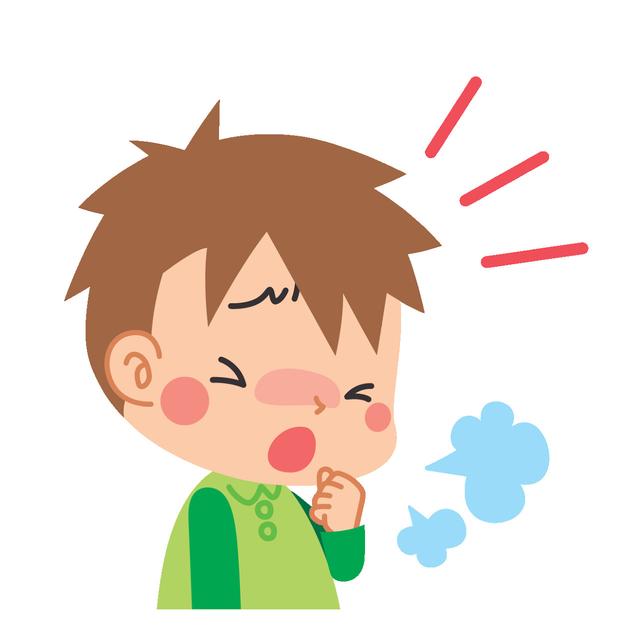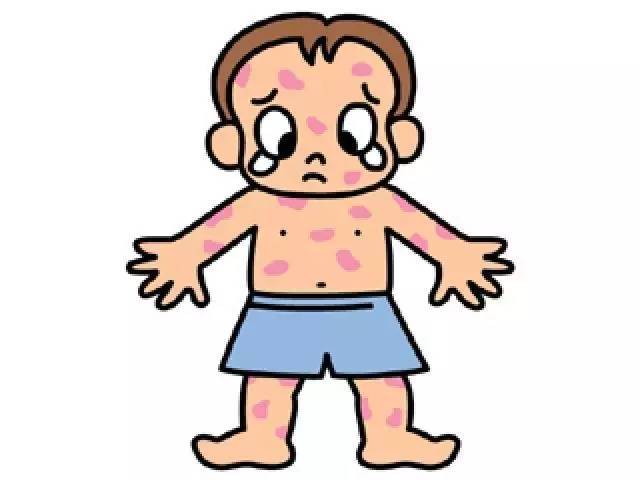Whooping cough, the name sounds with a hint of mystery and stubbornness. It's not just an ordinary cough, but a trap quietly laid by that wily bacillus pertussis. This respiratory infection, like a mischievous little devil, starts its mischief once it enters your body.

Its symptoms may not be noticeable at first, just a mild cough that can be mistaken for a common cold. But as time passes, this little devil begins to show its true colours. The coughing becomes more frequent and the sound becomes sharp and harsh, as if it is trying to rip your throat out. And what's even more frightening is that this cough doesn't go away easily; it follows you around like a shadow, giving you no peace of mind, day or night. This cunning little devil likes to work its magic on you and make your coughing symptoms last for up to three months. During this time, you feel exhausted and depressed, as if all the vigour has been sucked out of you by this little devil. What's even more frustrating is that there is no specific medicine for whooping cough that can cure it quickly. You can only rely on your doctor's advice and your immunity to fight a long tug-of-war with this little devil.
It likes to ‘ride the waves’ of the air, spreading through the coughs and sneezes of infected people. This little bacterium is particularly good in crowded places, such as schools, childcare centres and family gatherings. Symptoms of whooping cough come in stages, starting with a cold with a mild cough, runny nose and a low-grade fever. However, don't let the mild start fool you. The initial symptoms, which usually last one to two weeks, may seem harmless and may be mistaken for a common cold or a mild respiratory infection. At this stage, the patient usually just feels a stuffy, runny nose, a mild sore throat and an occasional low-grade fever. This stage is called the ‘Catarrhal phase’, where the virus is incubating and building up its strength.

After a week or two, however, the disease takes a sharp turn for the worse and enters the ‘spasmodic phase’. The cough gets worse and worse and develops into bouts of severe coughing. With each coughing attack, the patient experiences a series of rapid, continuous coughs, coughing so hard that he or she can hardly breathe, and may even turn red or purple. These coughing episodes are often worse at night, interfering with the patient's quality of sleep and causing extreme fatigue.
Most characteristically, at the end of these violent coughs, the patient tries to take a deep breath and makes a sound like a ‘rooster's crow’. The whole thing feels like a chokehold, and the person struggles with the cough, which may even be accompanied by vomiting. Children and babies are particularly vulnerable at this stage, and sometimes coughing too hard can lead to temporary apnoea, a dangerous situation. Vaccination against whooping cough is the most effective means of preventing the disease and is usually given as part of the routine childhood vaccine in infants and young children. For pregnant women, vaccination during pregnancy protects the newborn from infection during the first months of life.

Maintaining good personal hygiene is equally important. Wash your hands regularly, especially after touching public objects, and avoid touching your face. If someone in your family is infected with whooping cough, try to keep that person away from children and the elderly, and make sure the air in the house is well-ventilated.
First and foremost, prompt medical attention is key, and your doctor can make a diagnosis based on symptoms and medical history and prescribe the appropriate antibiotic treatment. While antibiotics won't provide immediate relief from coughing, they can shorten the infectious period and prevent the virus from continuing to spread.
During a coughing attack, there are relief measures that can be used, such as inhaling steam or using a humidifier, to reduce the discomfort in the throat. Pertussis is stubborn, but with vaccination and good hygiene practices, we can completely reduce the risk of infection.





